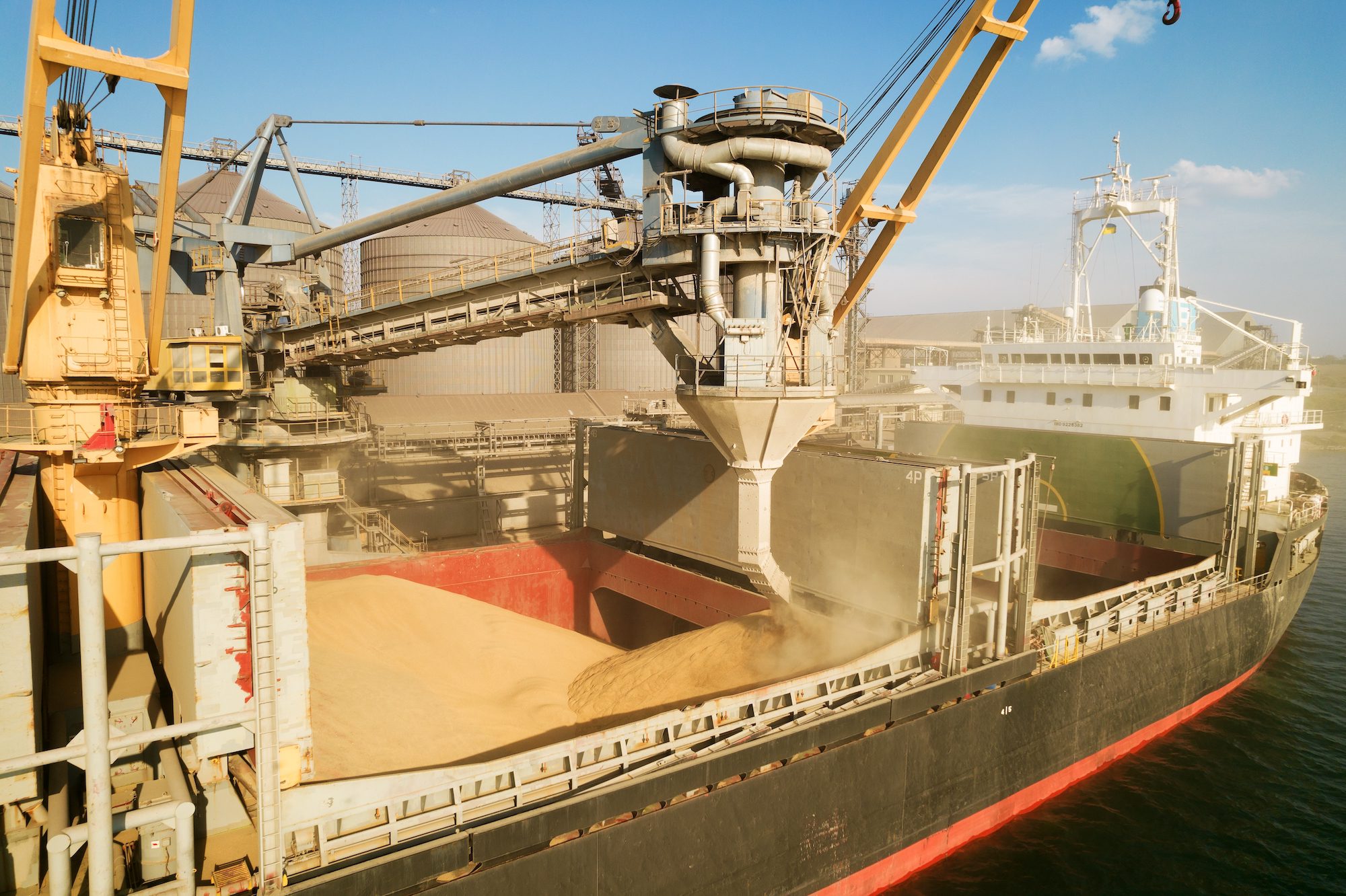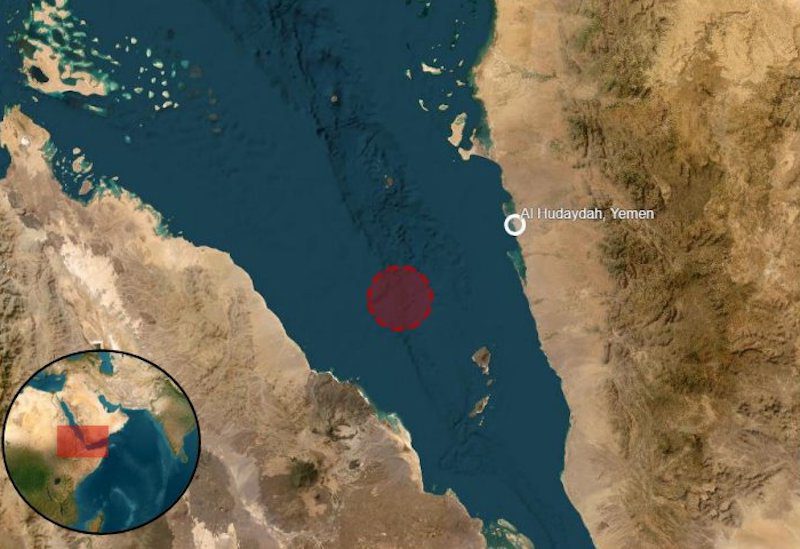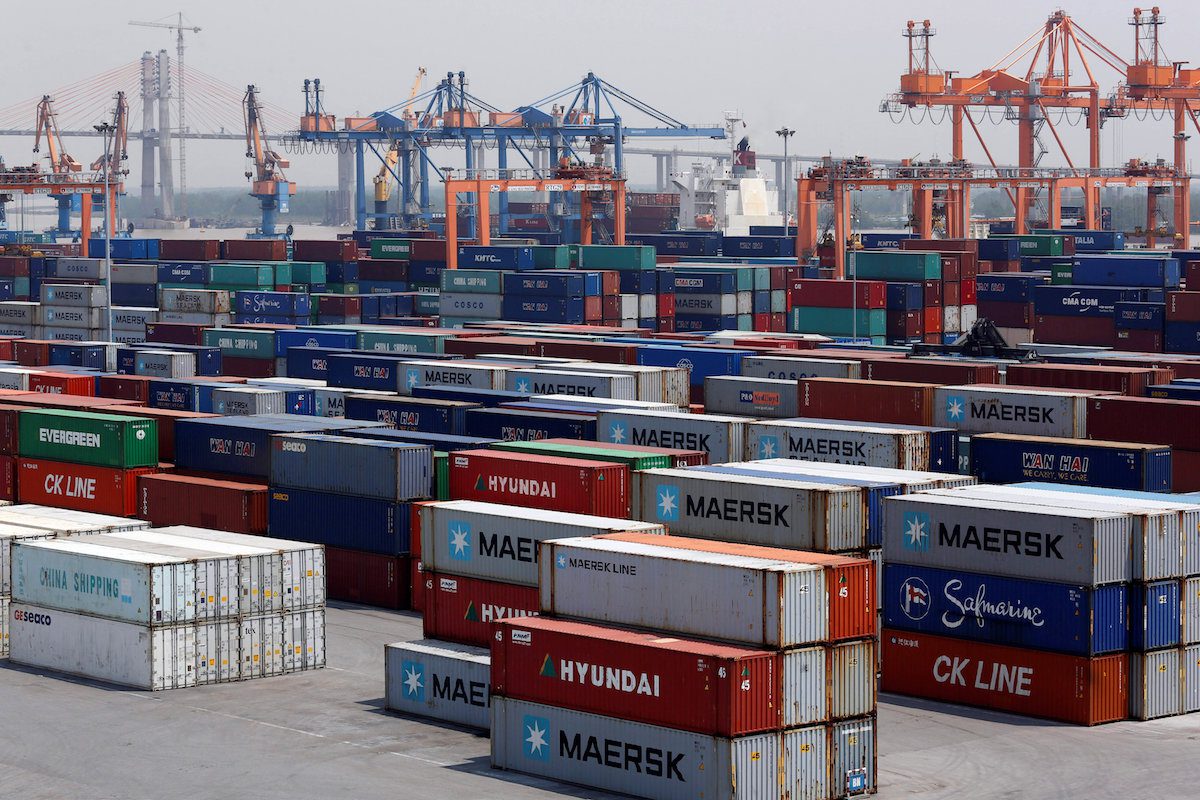Rising food, fuel and fertilizer prices from the war in Ukraine are contributing to a rapidly worsening outlook for the world economy, according to an assessment by United Nations Conference on Trade and Development (UNCTAD).
The report, published on Wednesday, also shows “heightened financial volatility, sustainable development divestment, complex global supply chain reconfigurations and mounting trade costs.”
“The war in Ukraine has a huge cost in human suffering and is sending shocks through the world economy,” UNCTAD Secretary-General Rebeca Grynspan said in a statement.
“All these shocks threaten the gains made towards recovery from the COVID-19 pandemic and block the path towards sustainable development.”
Of particular concern are the rising costs of food and fuel. Ukraine and Russia are major participants in global agri-food markets, representing 53% of global trade in sunflower oil and seeds and 27% of wheat.
This rapidly evolving situation is especially alarming for developing nations, UNCTAD said in its assessment. As many as 26 African countries, including some least developed countries, import more than one third of their wheat from the two countries at war. Four 17 of them, the share is over half.
“Soaring food and fuel prices will affect the most vulnerable in developing countries, putting pressure on the poorest households which spend the highest share of their income on food, resulting in hardship and hunger,” Grynspan said.
According to UNCTAD calculations, on average, more than 5% of the poorest countries’ are reliant on import products that are likely to face a price hike due to the war. The share is below 1% for richer countries.
The risk of civil unrest, food shortages and inflation-induced recessions “cannot be discounted”, particularly given the fragile state of the global economy and the developing world due to the COVID-19 pandemic, the report says. Also, restrictions on airspace, contractor uncertainty and security concerns are complicating trade routes going through Russia and Ukraine, both part of the Eurasian Land Bridge.
In 2021, 1.5 million containers of cargo were shipped by rail west from China to Europe. If the volumes currently going by container rail were added to the Asia-Europe ocean freight demand, this would mean a 5% to 8% increase in an already congested trade route, the report says.
“Due to higher fuel costs, rerouting efforts and zero capacity in maritime logistics, the impact of the war in Ukraine can be expected to lead to even higher freight rates,” the report says.
In 2021, UNCTAD simulated that the freight rate increase during the pandemic raised global consumer prices by 1.5%, “with particularly oversized effects in vulnerable economies such as small island developing states, landlocked developing states and least developed countries.”

 Join The Club
Join The Club











